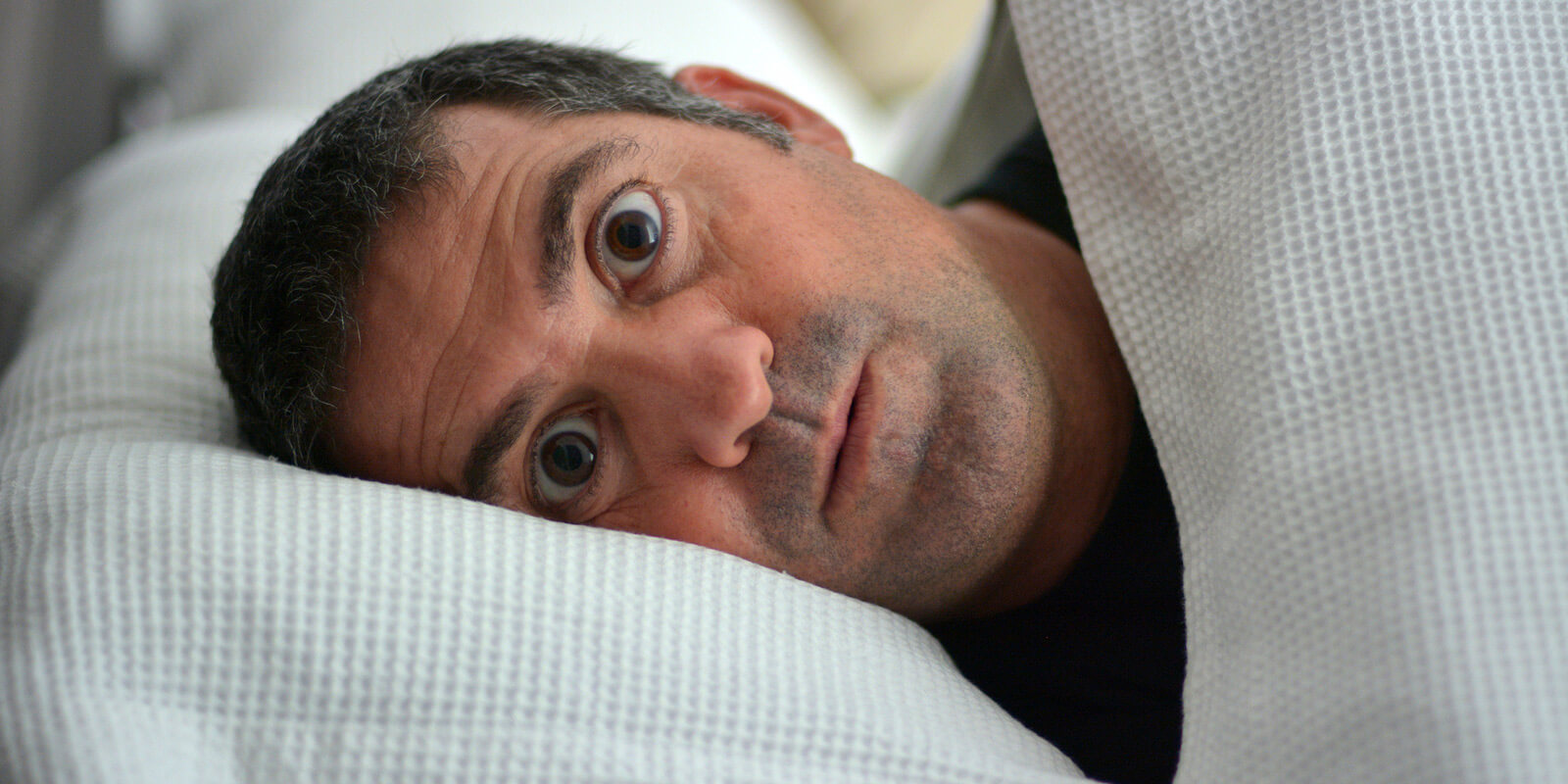Did you know that an estimated 33 million people worldwide suffer from insomnia? What’s more, it’s also estimated that around 22 million Americans suffer from sleep apnea. And the majority of these cases are considered to be severe.
With these facts in mind, it’s important to remember that sleep is a huge determining factor in overall physical and mental health. And without adequate sleep, you could suffer extreme shifts in your overall quality of life.

Over the years, numerous studies have been performed on the sleeping habits of people of all ages. And adults seem to have the worst sleep habits of all. But understanding the physical and mental effects that arise from not getting enough sleep is another matter entirely.
If you haven’t been sleeping properly, or if you wish to know more about the dangers of inadequate sleep, the following will address some of these concerns.
Understanding Sleep Disorders
As mentioned, sleep disorders plague a large number of people around the globe and a rather large part of the American population. These can cause debilitating mental health and subpar lifestyle conditions. Among all of these disorders, sleep apnea is the most severe, and one of the more life-threatening sleep disorders around.
Sleep apnea occurs when the throat muscles don’t properly allow the airways to function during sleep which often results in persistent, loud snoring along with the abrupt starting and stopping of breathing. In the most severe cases, sleep apnea can be fatal.
To combat sleep apnea, many doctors prescribe the use of CPAP machines in order to help keep positive airway pressure. The only problem is that some CPAP machines have been found to be defective, and this can result in even greater health complications such as cancer and respiratory illnesses.
If you suffer from sleep apnea and have developed health problems due to the use of CPAP devices, you should navigate to rosenfeldinjurylawyers.com/cpap-lawsuit.html and begin the process of filing a claim.
Mental Side-Effects
Anyone who has ever stayed in bed staring at the ceiling all night unable to fall asleep knows just how irritable they can be the day after. And though this is a common occurrence for many people, for those who consistently cannot get adequate sleep, mental health can decline sharply.
Believe it or not, prolonged sleep deprivation can cause serious psychiatric conditions to develop. A few of these are as follows:
- Stress
- Social anxiety
- Bipolar disorder
- ADHD
- Clinical depression
- Irregular mood
Among the most common side-effects associated with inadequate sleep is the regulation of mood. And as the brain requires proper sleep to function, if the brain is being overworked as happens with a lack of sleep, cognitive functions that regulate the consolidation of emotional experience can begin to be affected.
When sleep deprivation persists, confusion and negative thoughts also begin to become more frequent. And in prolonged situations, basic motor functions and the ability to complete simple tasks can also be drastically affected as well. This is why sleep deprivation is often a tactic used on prisoners of war, as it depletes them of the mental energy needed to stay vigilant or coherent.
Physical Side-Effects
Along with debilitating mental conditions, lack of sleep can also cause complicated physical symptoms as well. And many of these are related to heart health. In fact, going too long without proper sleep can actually shut the body down, and can be fatal in extreme cases.
A few physical side-effects of inadequate sleep are as follows:
- Irregular heartbeat
- Heart attack
- Heart failure
- Diabetes
- Stroke
- High blood pressure
- Lack of sex drive
It should be noted that though the brain controls many of the critical functions that the body depends on, so does the heart. And when your body doesn’t get sufficient rest, your heart (and your brain) both begin to work much harder to keep your body functioning.
As the body “speeds up” its processes for maintaining its function, your mental acuity begins to slow down. In fact, it’s not uncommon for sufferers of sleep disorders to report distorted senses of time, and describe the feeling of watching life happen in slow motion, or also related to living in a semi-permanent “out of body” experience.
Taking care of your sleep schedule is extremely important to living a full and healthy life, both mentally and physically. And if you’ve experienced any of the symptoms listed here, you should consult your doctor or seek help immediately.
